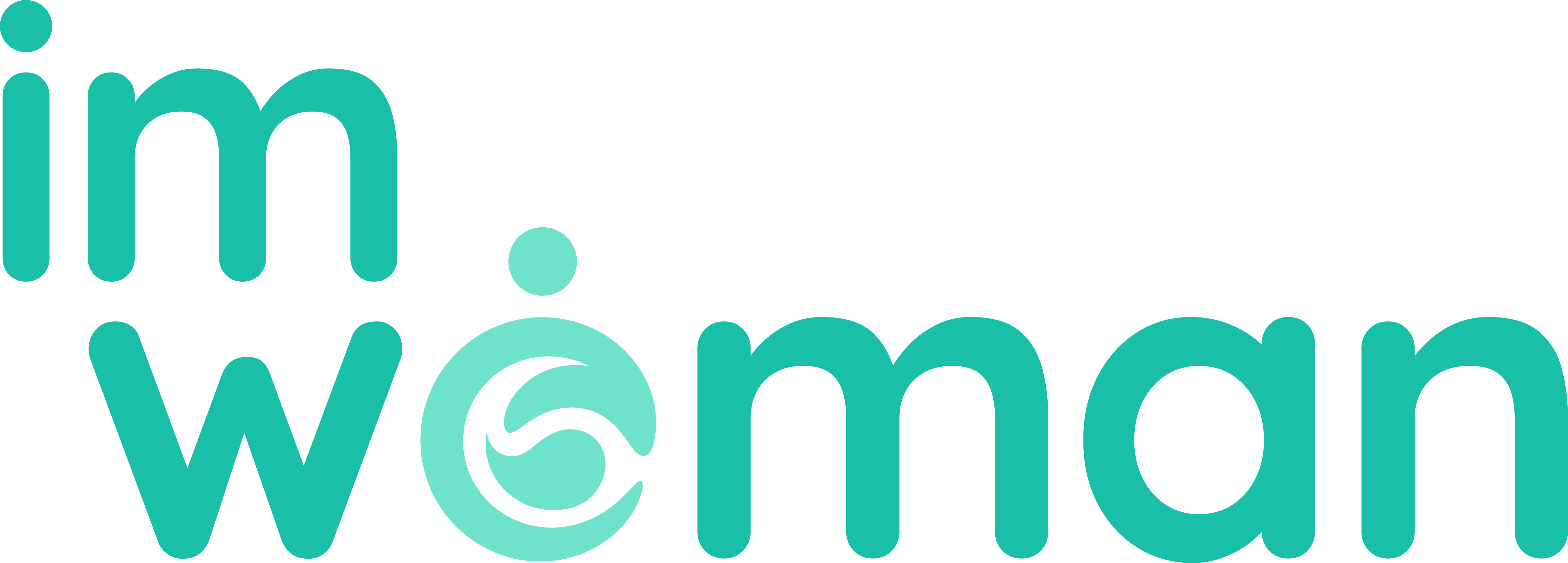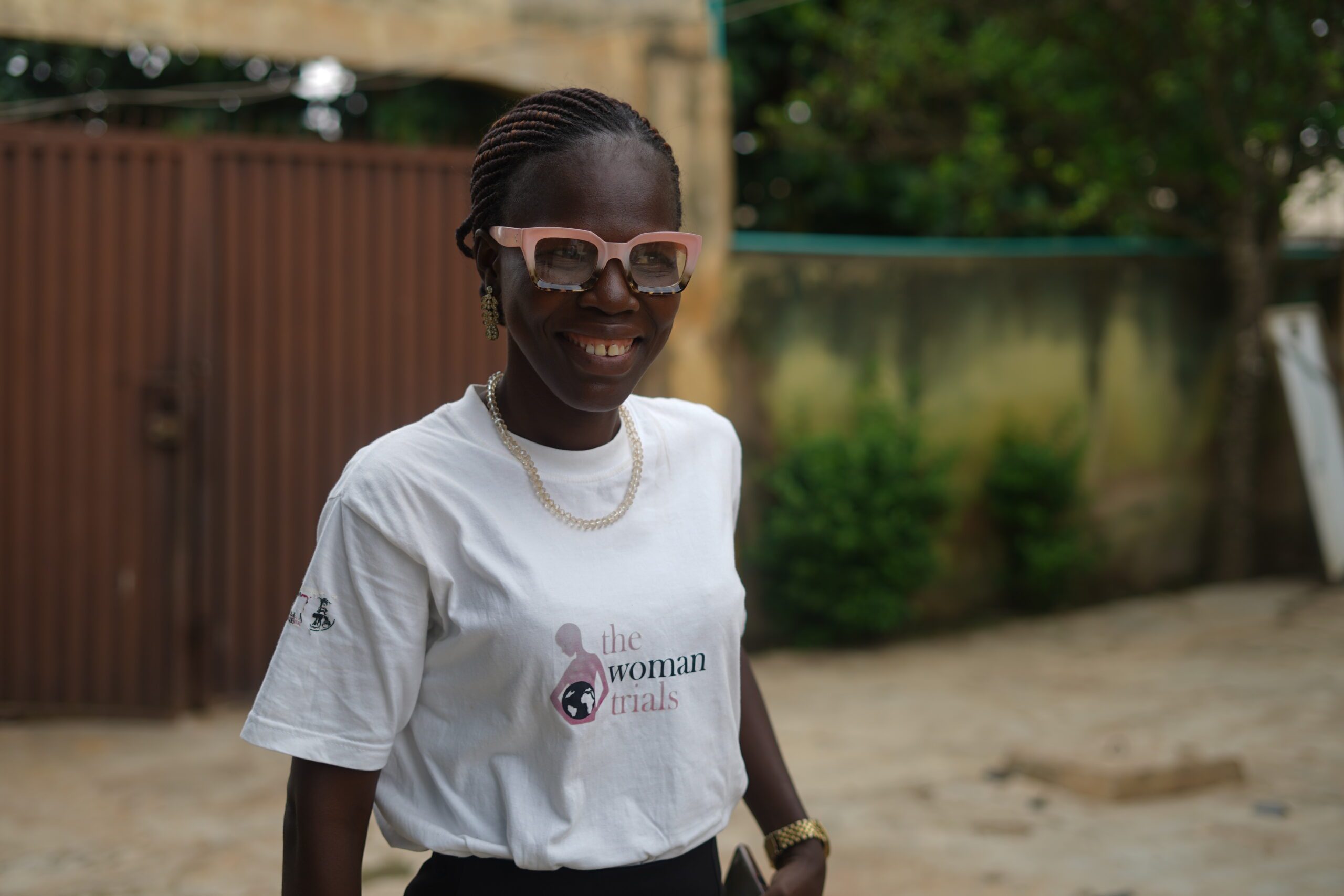Can you tell us about role as a community leader?
I manage several projects related to women and girls in the community. I advocate for human rights against sexual and gender-based violence and maternal healthcare.
I work with rural communities in Lagos on women’s empowerment, child education and human rights. My vision and mission align with WARDC, and we’ve been partnering with them on several projects.
What inspired you to get involved in maternal health advocacy?
I’ve experienced PPH twice, in 2011 and again in 2021, so that’s why I’m passionate about it.
I don’t know what injection I was given, but I know if I wasn’t in the hospital, I might have lost my life. I don’t want any woman to die due to postpartum haemorrhage.
What problems do women in your community experience?
PPH is more common in rural communities because there we have big populations.
We know that in rural communities, many families live without access to basic infrastructure when accessing maternal healthcare- no hospitals nearby, no steady electricity to run them, limited transport to even get there. And even when there is a clinic, there might not be enough trained health workers or medical supplies.
This often means we rely on traditional birth attendants with limited experience in an obstetric emergency. That’s why the TRANSFORM project is especially important when it comes to rural people.
When we advocate for maternal healthcare, I believe the grassroots people should be the focus – those who are most in need and often left behind.
Is there any other change you want to see for women giving birth?
We are looking at reducing maternal mortality rates and we’ve increased awareness of postpartum haemorrhage and tranexamic acid by engaging women and leaders in the community.
However, beyond awareness, we face challenges. In many areas, the only available health facilities are primary health centres or government-registered clinics and reaching those can be difficult. But the bigger challenge is that even when women and community leaders are informed and ready to seek care, where they live is far from where they can access the healthcare.
What do the women in your community know about PPH or tranexamic acid?
I’d say 95% of women in rural communities are not aware of TXA.
Beyond raising awareness, beyond educating them about tranexamic acid, access to tranexamic acid is also something that is important.
We want to work together with TRANSFORM and WARDC to reach more communities within Lagos and across the Southwest of Nigeria to increase access to tranexamic acid.
I know what it means for a woman to go through postpartum haemorrhage, and I know it can claim lives.
The TRANSFORM project, funded by Unitaid, aims to expand equitable access to tranexamic acid for women giving birth and has partnered with Women Advocates Research and Documentation Center (WARDC) to engage local communities in Nigeria to raise awareness of the dangers of postpartum haemorrhage and the benefits of using tranexamic acid to reduce deaths from PPH.


